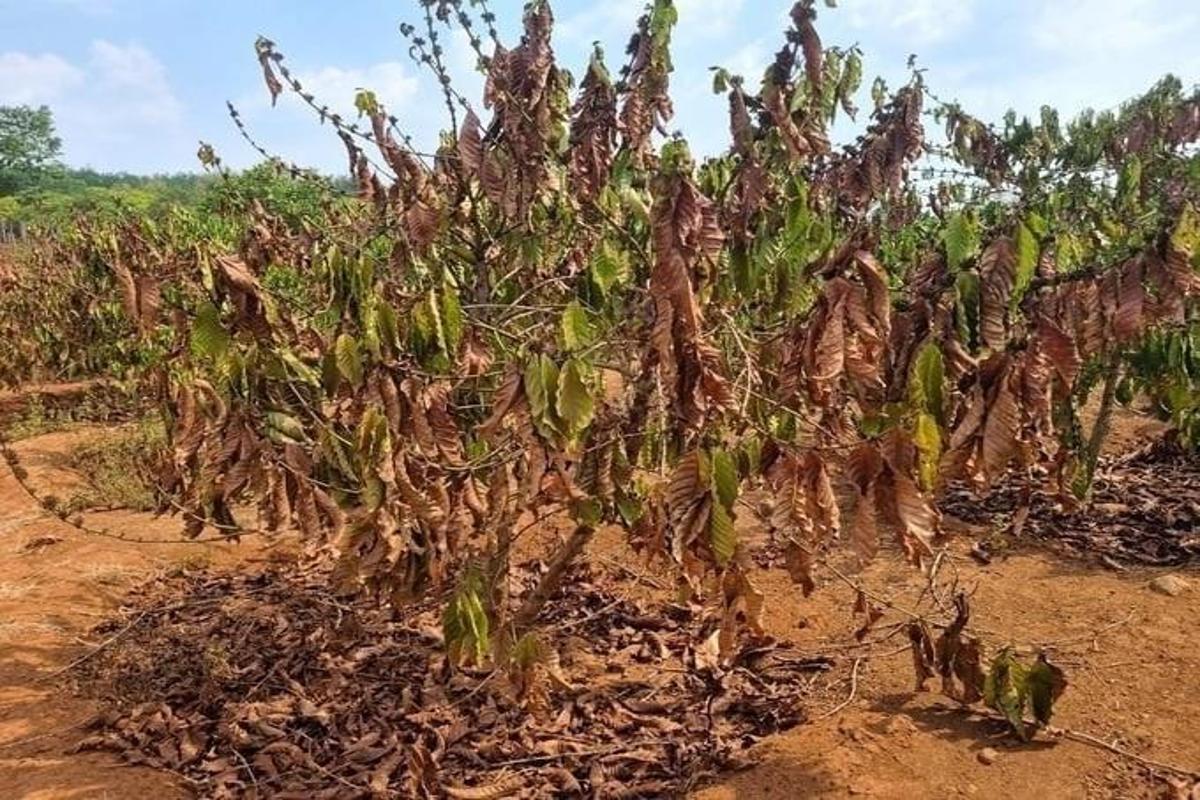2 августа 2025 года – (Qahwa World) — Луиза Мантика Креймайер, технический советник Национального совета по кофе Бразилии (CNC), представила одну из самых масштабных инициатив в области регенеративного сельского хозяйства в стране — программу Café Produtor de Água (в переводе — «Кофейный производитель, сохраняющий воду») — в ходе 21-го заседания Рабочей группы по циркулярной экономике в кофейной отрасли, организованной Центром циркулярной экономики в кофе (C4CEC) совместно с Coffee Guide Network и Международным торговым центром (ITC).
Её выступление было посвящено тому, как программа способствует восстановлению деградированных земель, защите водных ресурсов и укреплению устойчивости кофейных регионов Бразилии перед лицом климатических изменений. Презентация Креймайер стала частью расширенной сессии, посвящённой регенеративному сельскому хозяйству, и включала в себя практический опыт из Кении и Бразилии.
Программа Café Produtor de Água направлена на реализацию экологических мер, позволяющих восстанавливать водосборные бассейны и обеспечивать долгосрочную доступность воды как для сельских, так и для городских районов. Как отметила Креймайер, программа также способствует повышению доходов фермеров и повышает климатическую устойчивость за счёт интегрированных решений на уровне земли.
Среди практик, внедрённых в рамках программы:
-
Посадка по контуру и создание террас для замедления стока и повышения впитывания воды
-
Озеленение и восстановление деградированных территорий, особенно вблизи рек и источников
-
Ограждение родников для защиты зон пополнения
-
Посев сидеральных культур между рядами кофейных деревьев для улучшения структуры почвы и увеличения содержания органики
-
Обучение фермеров и операторов техники методам сохранения почвы и воды
-
Мониторинг осадков и уровня воды в террасах и водосборниках
Особенностью программы является механизм платежей за экологические услуги (PSA) — фермеры получают финансовое вознаграждение за действия, приносящие общественно значимые экологические выгоды: улучшение водообеспечения, восстановление биоразнообразия и снижение использования химических удобрений.
«Речь идёт не только о защите окружающей среды, — отметила Креймайер. — Это путь к улучшению условий жизни в сельских районах за счёт устойчивого землепользования.»
Программа также включает инфраструктурные решения, такие как модернизация сельских дорог, где поднимаются участки для замедления потока воды и предотвращения эрозии. Кроме того, фермеров обучают пользоваться дождемерами и маркерами уровня воды, чтобы отслеживать сезонные изменения и своевременно адаптировать агропрактики.
Эта инициатива тесно связана с национальной стратегией Бразилии по переходу к циркулярной экономике. Креймайер отметила, что страна ежегодно производит более 27 миллионов тонн кофейной шелухи, что подчёркивает необходимость системной переработки сельскохозяйственных отходов. Сельское хозяйство включено в перечень приоритетных секторов в рамках Национального плана по циркулярной экономике (PLANEC 2025–2034) и Национальной стратегии по циркулярной экономике (ENEC).
В завершение выступления Креймайер призвала международных партнёров изучать опыт программы и сотрудничать в рамках аналогичных инициатив, охарактеризовав её как «живую лабораторию климатически ориентированного кофейного производства».
Её доклад прозвучал наравне с выступлением кенийского фермера Дэвида Уаверу и специалиста по ESG Наталии Фернандес Кар из кооператива Cooxupé, в результате чего участники мероприятия получили многостороннее представление о развитии регенеративного подхода в странах Глобального Юга.
